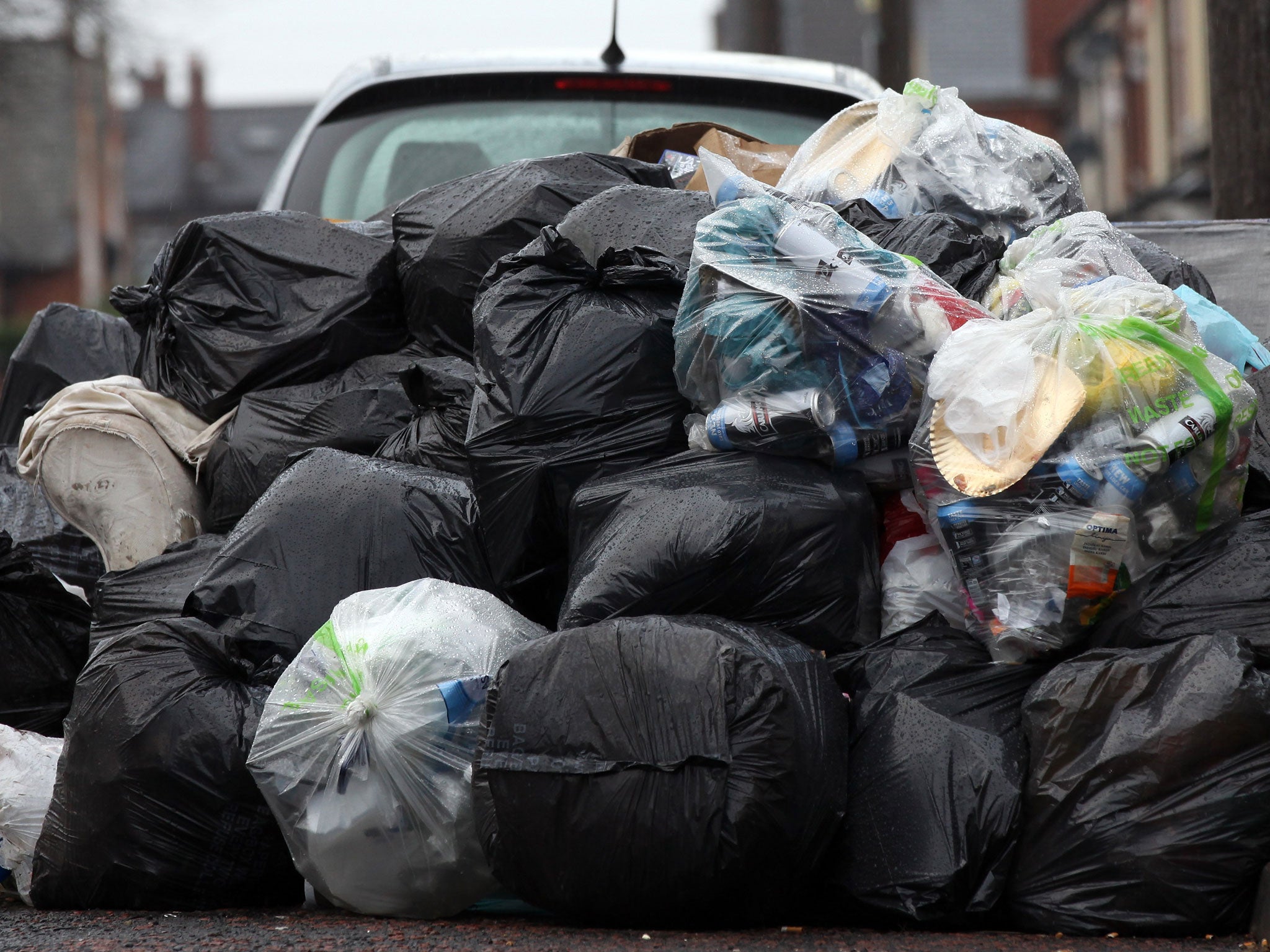Your support helps us to tell the story
From reproductive rights to climate change to Big Tech, The Independent is on the ground when the story is developing. Whether it's investigating the financials of Elon Musk's pro-Trump PAC or producing our latest documentary, 'The A Word', which shines a light on the American women fighting for reproductive rights, we know how important it is to parse out the facts from the messaging.
At such a critical moment in US history, we need reporters on the ground. Your donation allows us to keep sending journalists to speak to both sides of the story.
The Independent is trusted by Americans across the entire political spectrum. And unlike many other quality news outlets, we choose not to lock Americans out of our reporting and analysis with paywalls. We believe quality journalism should be available to everyone, paid for by those who can afford it.
Your support makes all the difference.Services funded by local councils face deep budget cuts of around 12 per cent next year, according to the body that represents local government.
Social care, housing, libraries, and bin collections – which are all managed by councils – could be affected if cuts of £3.3bn from central government grants go ahead.
“Core local government funding has been protected from further in-year cuts in the Budget but it is clear the Spending Review in the autumn will see councils continue to face challenging funding reductions and spending pressures over the next few years,” said Local Government Association chair David Sparks.
“Councils have already made £20 billion in savings since 2010 following reductions in government funding of 40 per cent and have worked hard to shield residents from the impact of funding cuts."
Local authorities are also severely restricted in their ability to raise council tax, meaning it will be near-impossible to raise money locally to replace grant reductions.
Under rules brought in under the Coalition they must hold a referendum to raise council tax significantly – meaning in practice it does not happen.
If the pattern of previous rounds of cuts is followed again, reductions are unlikely to fall evenly across the country.
According to an analysis by the Institute for Fiscal Studies published in March, local authorities in poorer areas have been forced to slash spending more drastically than those in wealthy areas.
Regionally, the fall in council spending in the North East of the country has been double that in local areas in the affluent South East.
The LGA says efficiency savings at authorities have already been made in previous rounds of cuts and that further reductions will almost certainly affect services.
The Government says the estimates are “premature” and that the Treasury would listen to the views of local councils when it decided where to make cuts.
“These unsubstantiated and premature claims are based on funding decisions which have yet to be made let alone announced,” local government Minister Marcus Jones said.
“Councils have worked hard over the past five years to deliver a better deal for local taxpayers, however, like the rest of the public sector will have to continue playing their part in tackling the deficit to ensure the economic recovery continues.
“In the run up to the Spending Review and next local government settlement we will continue to listen to the views of councils, Local Government Association and others about the best way of distributing funding to achieve fairness, efficiency and local growth.”
As an unprotected department, DCLG is likely to face deeper cuts than the public sector on average.

Join our commenting forum
Join thought-provoking conversations, follow other Independent readers and see their replies
Comments